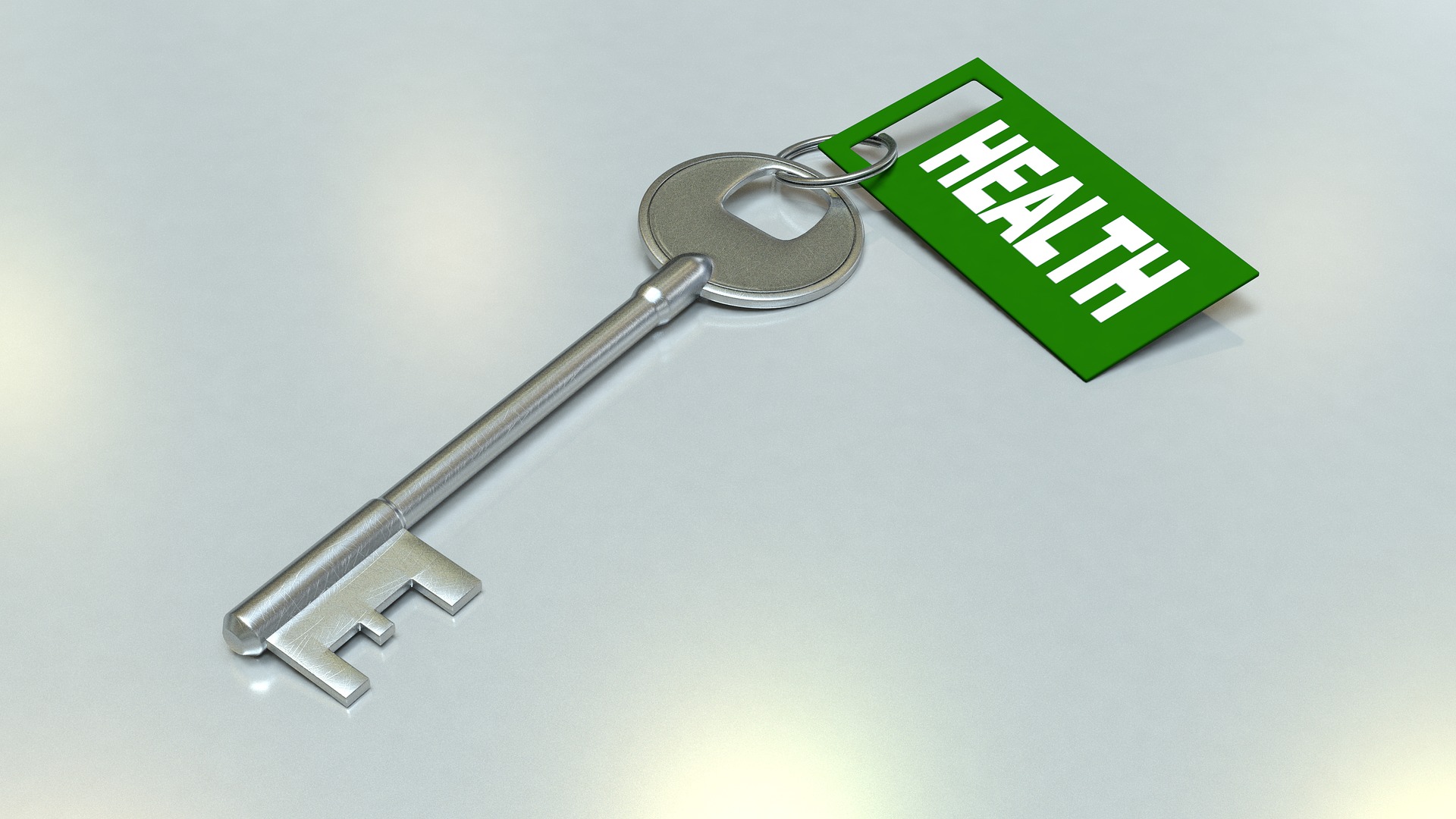
SICKLE CELL AND BOOSTING YOUR IMMUNE SYSTEM
Sickle cell disease is an inherited blood disorder. It is marked by flawed hemoglobin. That’s the protein in red blood cells that carries oxygen to the tissues of the body. So, sickle cell disease interferes with the delivery of oxygen to the tissues.
Normal red blood cells can live up to 120 days. But, sickle cells only live for about 10 to 20 days. Also, sickle cells may be destroyed by the spleen because of their shape and stiffness. The spleen helps filter the blood of infections. Sickled cells get stuck in this filter and die. With less healthy red blood cells circulating in the body, you can become chronically anemic. The sickled cells also damage the spleen. This puts you are at greater at risk for infections.
If a child inherits a double dose of the gene – from both mother and father – they will develop sickle cell disease. Around 20,000 children are born with sickle cell disease every year and it is now the commonest single-gene disorder among the UK population. Despite this, much about it remains poorly understood.
Sickle cell disease affects the spleen, which helps with the immune system. As a result, those with SCD have weakened immune systems and are more likely to get sick. Getting immunizations, avoiding anyone who’s sick and washing hands frequently are good ways to stay healthy.
- The immune system is a complex network of cells and proteins that defends the body against infection.
- The immune system keeps a record of every germ (microbe) it has ever defeated so it can recognise and destroy the microbe quickly if it enters the body again.
- Abnormalities of the immune system can lead to allergic diseases, immunodeficiencies and autoimmune disorders.
Immunocomprised is a broad term which means that the immune system is weaker than expected and not functioning properly. You may also hear the terms immunodeficiency or immunosuppressed. These terms mean you have a higher risk of getting an infection and becoming sick. Alternatively, being immunocompromised may be permanent, as is the case with Sickle Cell Anemia.
The immune system is made up of an army of different types of cells all working to protect you against bacteria, viruses, and other things that might cause infection. When this system isn’t functioning properly, the body is much more susceptible to infection and illness.
Additional measures to stay healthy include:
- Taking medication as recommended by your doctor.
- Staying hydrated and avoiding overexertion.
- Avoiding extreme temperatures, which can set off a crisis.
- Learning ways to manage pain, such as warm baths, massage therapy, physical therapy and acupuncture.
- Taking care of the mental stress of a chronic disease by talking with your doctor or counsellor.
- It is important to eat a healthy diet with lots of fruits, vegetables, whole grains, and protein, and drink lots of fluids.
- Do not take decongestants because they cause constriction of blood vessels and could trigger a crisis.
- Other factors that may trigger a crisis include high altitudes, cold weather, swimming in cold water, and heavy physical labour.
- Avoid infections by getting an annual flu shot, washing your hands frequently, avoiding those who are sick, and getting regular dental exams.
Sickle cell disease is a serious lifetime illness, but working with your medical team to proactively manage your systems can create the best opportunity for you long-term.
My book – HOW TO LIVE WITH SICKLE CELL: Sickle Cell and I is now available on Amazon and OkadaBooks.
Sources:
health.https://www.orlandohealth.com/content-hub/what-to-know-about-sickle-cell-anemia
https://www.hopkinsmedicine.org/health/conditions-and-diseases/sickle-cell-diseasehttps://
www.betterhealth.vic.gov.au/health/conditionsandtreatments/immune-system
www.healthline.org







